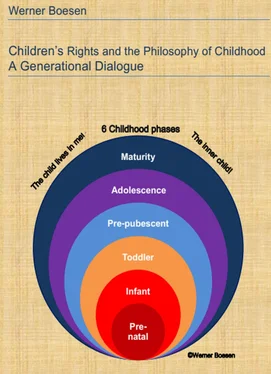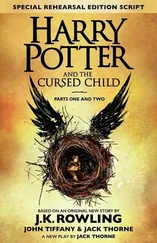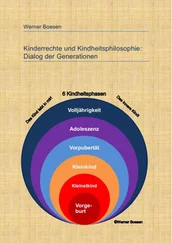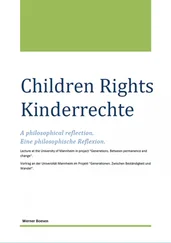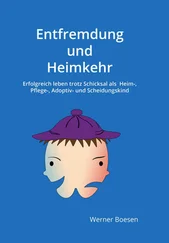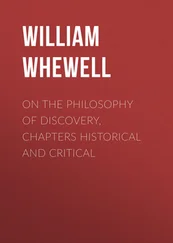All rights reserved. No part of this book may be reprinted or reproduced or utilized in any form or by any electronic, mechanical, or other means, now known or hereafter invented, including photocopying and recording, or in any information storage or retrieval system, without permission in writing from the publishers.
Trademark notice: Product or corporate names may be trademarks or registered trademarks, and are used only for identification and explanation without intent to infringe.
Internet content: every internet and literature sources have been checked before publication. It cannot be guaranteed that all sources still exists but this does not change any knowledge and experiences provided in this book. A liability for any external source disclosures or references is alwayx exluded by the author.
Bibliographic information of the German National Library:
The German National Library lists this publication in the Deutsche Nationalbibliografie; Detailed bibliographic data are available on the Internet at http://dnb.dnb.de .
Texts: ©Copyright by Dipl.-Kfm. Werner Boesen
Cover design: ©Copyright by Dipl.-Kfm. Werner Boesen
Publisher: Dipl.-Kfm. Werner Boesen
Robert-Schumann-Weg 3
D-67251 Freinsheim
beratung@wernerboesen.de
www.wernerboesen.de
Druck: epubli a Service of neopubli GmbH, Berlin
ISBN: 978-3-748521-08-2
Printed in Germany
CHILDREN’S RIGHTS AND THE PHILOSOPHY OF CHILDHOOD
A GENERATIONAL DIALOGUE
Statics and dynamics of humankind
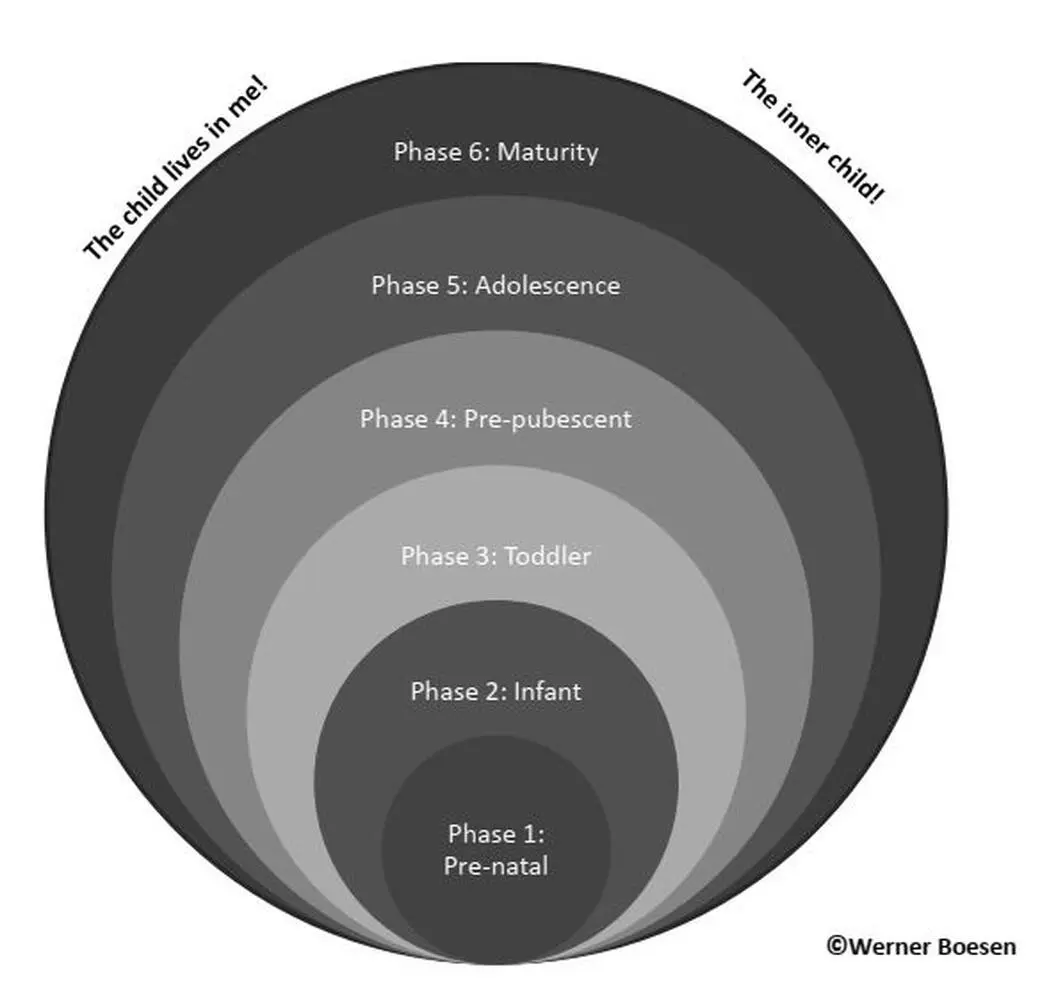
‘I’ and ‘You’ are children of nature and cosmos, for the believers God’s children (Joh 1, 12; LUT)!
Preface and Acknowledgements
The present study was developed as part of a project at a German university and deals with the following the framework topic: Generations – Between Consistency and Change. My focusses centered on the first and second generation of being human , children and adults, and adults as parents. In my attempts to develop a basic scientific discipline, I discovered that there were many disciplines available here. The foundation of my analysis became the philosophy and integration of basic human knowledge of other disciplines of science, such as psychology, sociology, education, and law. In philosophy, I stumbled across a variety of sub-disciplines and I finally chose the childhood philosophy, a young research direction primarily in the American cultural space. In the German-speaking world, the term “child ethics” is commonly used, which refers to the moral behavior of mankind, and is therefore restricted to the general concept of philosophy which was limiting. Even the term “philosophy” in one of its possible definitions refers to the “love of wisdom” and gave me the direction for the following questions: What is love, what is wisdom? and what connects it to childhood in human existence? The framework topic in the project pointed me to a solid relationship, verbal and non-verbal, of generations, and their agility “between permanence and change,” for which dialogue is imperative. The anchor for this was offered to me by the philosophy of dialogue, a predominantly religious-philosophical subdiscipline that differentiates two people, as well as nature and the cosmos. This involves a twofold relationship, that of the ego (the “I”) and the thou (the “You”). It was also of general interest to consider the current legislation on children’s rights. The basic work and concerns here are the United Nations Convention on the Rights of the Child and their application within national constitutions, which only a few countries have implemented to date. It should be noted that the Convention on the Rights of the Child, not only in the philosophical sense, does not meet all the requirements of the child. This will be dealt with more comprehensively in the upcoming study, including a religion-specific view on the example of Christianity.
This project study was restricted to a certain number of pages. The specification was based on about 40 DIN A4 pages. It was extremely challenging for me to limit the content to this page specification and it is not enough that questions arise. I have therefore attached a questionnaire with possible answers for publication. It was also important to me to publish this work as both a German-language and English-language publication, as the childhood philosophy is underrepresented research publications in the German-speaking world.
In particular, I would like to thank the lecturers of the project study for their contributions to the discussion and critics, as well as Dr. phil. Laura Marwood for her assistance in fine-tuning the English translation.
In fond memory of my most recent childhood, I dedicate this work to my beloved Mother and would like to thank the private, state and religious communities for their loyal education experts (Loyal’ here means committed to pure doctrine. This excludes abuse. That should be synonymous with the term ‘education expert’, but the use of a thing carries the risk of abuse). The ‘I’ grows on ‘you’!
The philosophic view on children’s rights includes the whole childhood. ‘The philosophy of childhood has recently come to be recognized as an area of inquiry analogous to the philosophy of science, the philosophy of history, […]’ (Matthews/Mullin). When examining the notion of childhood, one must take the various existing theories and cultural understandings into consideration. As David Archard contends, ‘The modern conception of childhood is neither a simple nor a straightforwardly coherent one, since it is constituted by different theoretical understandings and cultural representations’ (Archard 2015 p. 53).
‘The conception is a very modern one inasmuch as literature has treated of childhood for only two hundred years, and science one hundred’ (ibid.). Human history has existed in our modern understanding for 100,000 years (Diamond p. 209), and humankind is specifically characterized by childhood and adulthood: ‘Developmental science views childhood as a stage on the road to adulthood, and the nature of the child as impelling him or her to the achievement of the adult capacities […]’ (Archard 2015 ibid.). What we understand by childhood is a permanent relationship, an interaction with adults, and vice versa. The relationship is founded on communication and a dialogue between the child and adult, a dialogue between ‘I’ and ‘You’. Philosophical anthropology serves as a theoretical basis here (Philosophic discipline, in general the anthropology, see Lorenz 2014 in Brandt 2014 p. 470). A key feature is dialogue thinking, otherwise known as the philosophy of dialogue (Definition i.e. Hügli 2013 p. 189 keyword ‘Dialogphilosophie’. All citations from Hügli are translated from the German into English by W. Boesen for the purpose of this study). According to this philosophy, all humans assume both roles. ‘I’ is the active role and ‘You’ the passive (See Lorenz 2014 in Brandt 2014 p. 487). In the ‘I-You-Relationship’ the ‘I’ meets the other that is not only ‘You’ as a human, but can be also an object or God (Defined by Martin Buber, see Gessmann 2009 p. 333 Keyword ‘Ich-Du-Verhältnis’. All citations from Gessmann are translated from the German into English by W. Boesen for the purpose of this study). The knowledge of the experience of ‘I’ and ‘You’ ‘happens in this process empirical at the transition of I-telling in earliest childhood to I-suffering in puberty’ (Lorenz 2014 p.
Читать дальше
